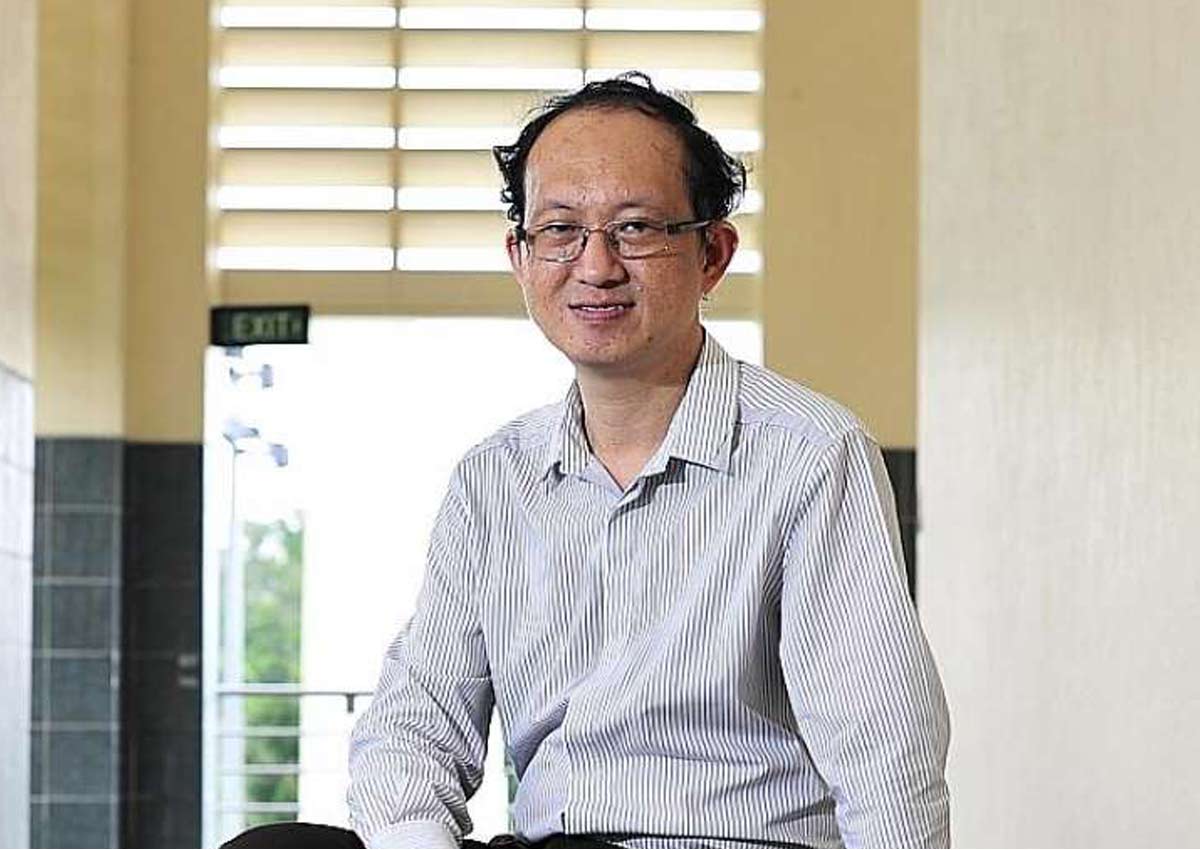Nanyang Technological University (NTU) has retracted 11 academic papers authored by researchers from the National Institute of Education (NIE), following investigations into research malpractice.
One particular researcher had a hand in all 11 papers.
Eight of the papers cite the lead author as Dr Noel Chia, a well-known local expert in the area of special-education needs such as autism, dyslexia and dyscalculia. He was listed as co-author of the three other papers.
Dr Chia, who had taught at NIE since 2006 and was promoted to associate professor two years ago, resigned in April.
Nine out of the 11 papers that came under investigation were published in the Journal of the American Academy of Special Education Professionals (JAASEP).
NTU said it had carried out the investigation following allegations of research malpractice.
It found that primary data was not available to authenticate Dr Chia’s research. It also said that it had doubts over “ethical approvals for the collection of the data”.
Hence the move to retract all the papers which used the data.
The university’s research integrity officer, Mr Tony Mayer, said Dr Chia had told the university that he had collected the data prior to joining NIE in 2006, through a Kuala Lumpur-based consortium called Pusat Pembelajaran Cacat (PPC).
One of his co-authors, Malaysian resident Esther Yap, was the intermediary between him and PPC. However, Dr Chia claimed that he had been unable to contact Ms Yap or other PPC officials.
NIE even hired an agency to track down Ms Yap and the Malaysian consortium, but even this drew a blank.
Dr Chia, despite declaring initially that he had returned all the primary data to PPC, late last year presented some data sample sheets that he said were used in his research.
But Mr Mayer said the investigation panel was still “unable to authenticate the research data”.
He did not elaborate on what NTU meant by “doubts over ethical approvals”, but he had told JAASEP that there may be “problems over the signatures of the parental consents”.
“(NTU has) zero tolerance towards any form of research malpractice and will not hesitate to take action against anyone found to be lacking in research integrity,” Mr Mayer stressed.
Meanwhile, the journal publishers in Washington D.C. have retracted not just the nine papers in question, but also the other papers that Dr Chia had previously published with them. The journal’s editor, Dr George Giuliani, referred to a statement published earlier which stated that because of the uncertainty surrounding the prior research done by Dr Chia, it had made the professional decision to retract all of Dr Chia’s articles published in the journal, in order to protect the integrity of the journal.
Educational therapists told The Straits Times that it is important for those conducting research on children with special educational needs to be rigorous and follow ethical standards.
Said one of them, who has over 10 years of experience in the field: “It is important for all researchers to be thorough and adhere to ethical norms, but more so for those conducting research in areas such as special education.
“Many parents of children with special needs follow the research closely and pin their hopes on some of these findings.”
Among the research conducted by Dr Chia was the effectiveness of dimethylglycine, a dietary supplement, in treating children with autism spectrum disorders and severe speech delay.
Another paper looked at the effect of hypnosis on the academic performance of students with learning disabilities in school examinations.
The Straits Times was unable to reach Dr Chia for his comments.

This article was first published on June 4, 2016.
Get a copy of The Straits Times or go to straitstimes.com for more stories.






